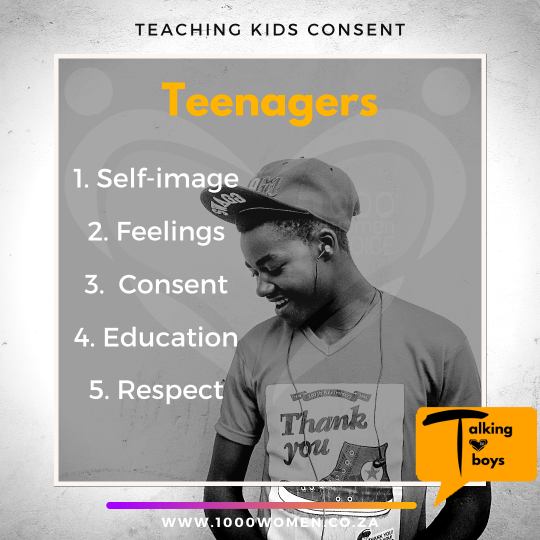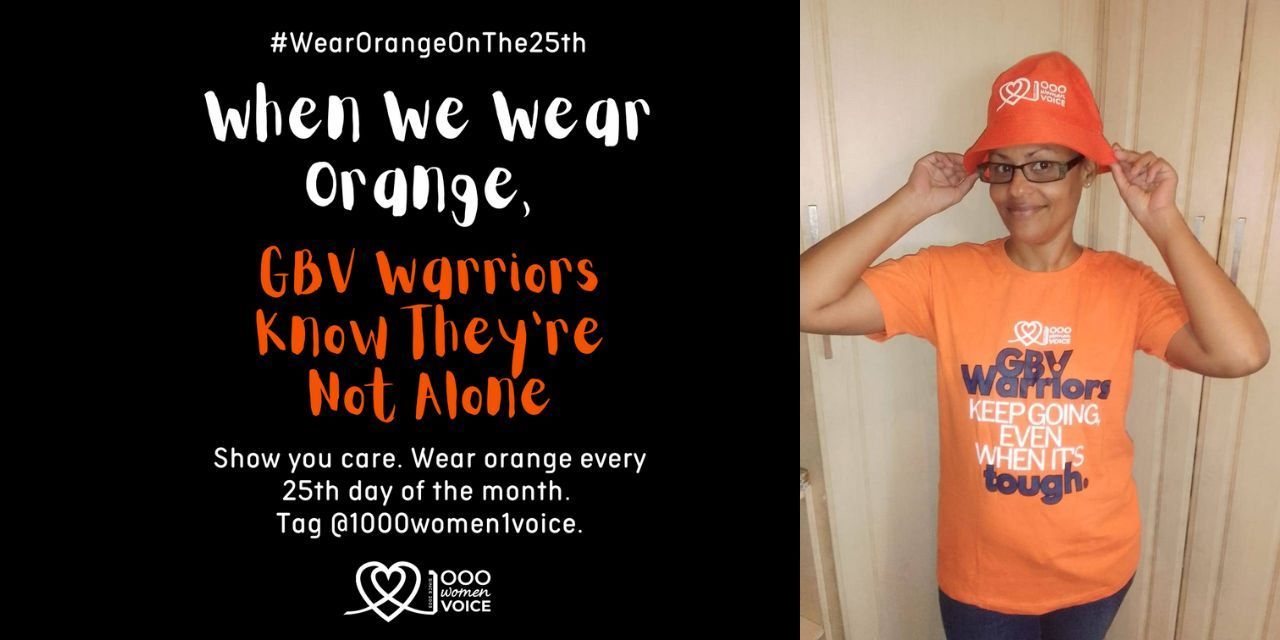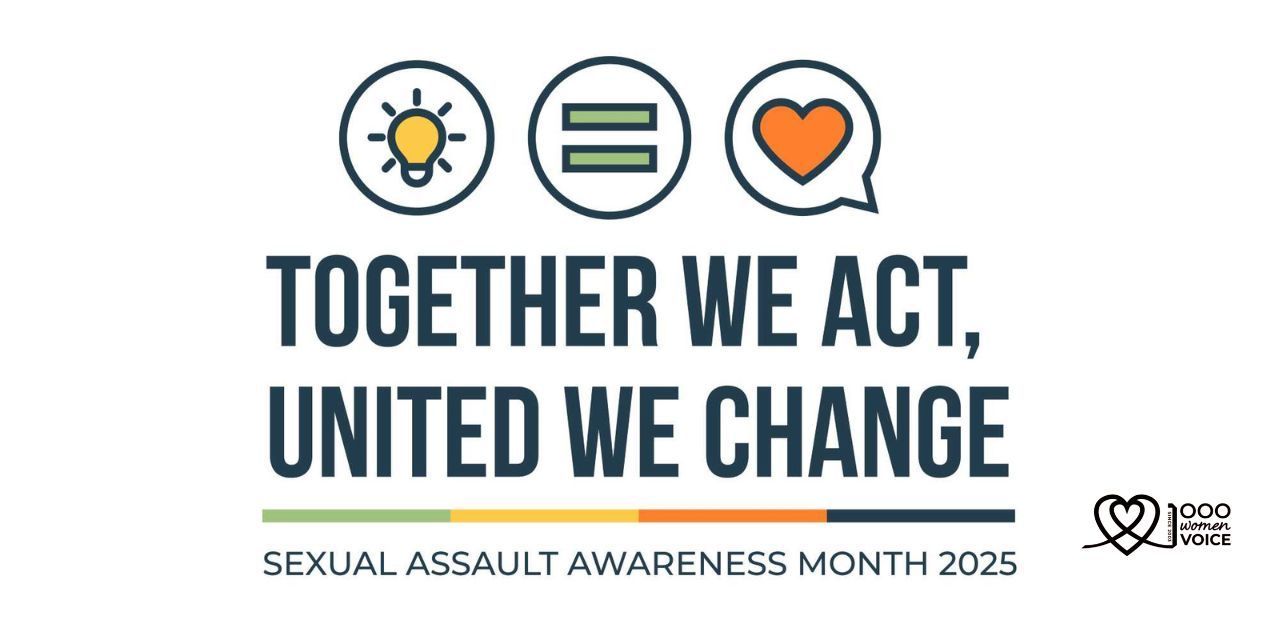Talking to Boys Teens
Teenage years can be challenging, help them understand themselves by using these tips:
Words: Maret Lesch
*Self-image
- Affirmation is important. Tell your teen every day how proud you are of them. Tell them what you like about them. Compliment them about their talents, appearance and good work at school and home. and when they did something right.
- Notice when your teen learns a new skill and ask them to show you. Encourage them by learning new skills by showing them how to do something and assigning them more responsibility at home.
- Show them that their opinion matters. Ask them what they think and give them the opportunity to make decisions. Discuss their choices and compliment them when they have made a good choice. If they made a less favourable choice, talk about it and how making a different choice may have played out.
- Remind them that all people are different and that they are perfect the way they are. Teach them body acceptance and self-love and remind them that what they see on television and social media, do not portray real people and real life. Explain to them how they can take care of their body by exercising, eating healthy, and practising good hygiene.
- Talk to them about bullying, what it is, and what to do if they feel they are bullied. Discuss different scenarios and equip them with the knowledge and skills to assert themselves.
Important: If you do not accept your body and often speak negatively about yourself, it will set an example of a negative self-image for your child. Accept your body and speak positive words about yourself.
*Feelings
- Teens and young adults experience hormone changes that can affect their way of rational thinking and their emotions can feel overwhelming. Conversations about these changing hormones are crucial to help your child to understand their changing emotions and feelings.
- Teach them it is okay and normal to experience sexual desire and that it is okay and normal to explore their bodies. Explain that they must do this in private and when they are alone, for example in their room or in the bathroom.
- Do not force conversation, but let your teen know that they can talk to you about how they feel. Create time to talk, for example when they help you in the kitchen or around the dinner table. Creating time to talk is now more critical than ever.
- Talk to them about practical steps they can take to handle their emotions, for example kicking a ball when angry or going for a jog when they need quiet time. Explain that even though they may experience anger or frustration, it is not okay to be less kind or less respectful towards those around them.
- Be wary of signs of teenage depression and self-harm. Seek help if you think your teen needs it.
Important: Be firm with boundaries. Your teen will test the boundaries but needs these boundaries to feel safe. However, be open for discussion and reasonable requests. Your teen needs to feel that you trust them.
*Consent
- Teach your teen from a young age that ‘no’, means no, and ‘yes’ means ‘yes’. Talk about scenarios and examples. For example, something simple such as playing a game to something more complex like saying no to kissing.
- Talk to your teen about kissing and sex and that both parties must give consent. Talk about what consent means.
- Ask your teen how they will know that they want to be romantic friends and what that means, for example holding hands and asking the other person whether they want to be romantic friends and hold hands.
- It’s important to stress that your teen is in control of their body and that no one is allowed to touch them without their permission. Keep having these conversations as it will show your teen that it is important to give and receive consent from their partners.
- Create time where you can answer any questions your teen may have honestly and without judgement. Create regular opportunities for conversation and make sure your teen knows that they can ask you anything.
Important: Speak to your child about what they can do if someone betrayed their trust or did not listen to their “no”. Equip them to know how to handle peer pressure and uncomfortable situations. They must feel confident enough to assert themselves in any situation.
* Education
- Talk to your teen about sexual assault, sexual abuse, and healthy sexuality. Provide the information in a healthy and open environment that enables your teen to ask questions.
- Answer their questions your teen may have honestly and without judgement. It is important that you create opportunities to talk and where they can ask questions.
- Talk to your teen about what to do if someone (including a teacher, pastor, family friend or relative) touched them, spoke to them or suggested something that made them feel uncomfortable.
- Teach your child that keeping secrets is bad. They should never feel forced to keep a secret of what a grown-up or friend did to their body. They must not believe the other person if they tell your teen they will harm their family.
- Make sure your child knows that you will always believe them and trust them when they tell you about sexual abuse or that someone touched them in a way that made them uncomfortable. Talk to them about this often so that they know they can tell you anything.
Important: Speak to your child about protection, birth control and safe sex. You might think they are too young, but they may experiment without your knowledge. Show them where you keep condoms and give them access to birth control should they want to use it. Explain the consequences of having unprotected sex.
* Respect
- Be mindful of how you talk to other people, including your partner and children, and of the things you say and the jokes you tell, movies you watch and songs you listen too. If you use derogatory language or objectify women or men, your teen will follow your example.
- Encourage your teen to talk about others how they would like others to talk about them. Sex-talks and especially men discussing women starts in primary school.
- Teach your child to respect all people, regardless of their gender, sexual orientation, race, or age.
- Talk about scenarios and how your teen should handle it. For example, if someone made a sexually loaded comment about your daughter or if your son’s friend commented on a girls’ body.
- Talk to your teen about peer pressure and what to do when they feel pressurised to do something. Respect also means that you respect the other person’s decision to say yes or no. Remember that how their friends see them are very important to your teen. Create scenarios and speak to possible solutions, for example if your teen does not want to participate in an activity and how to get out.
Important: Respect is two-way. Show your teen that you respect them by listening to their opinion, giving them the opportunity to make decisions, and that you value their input and contribution. Be mindful of how you talk to your teen, even when they push your boundaries. Stay calm and respectful. You set the example that they will follow.












